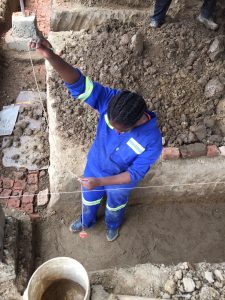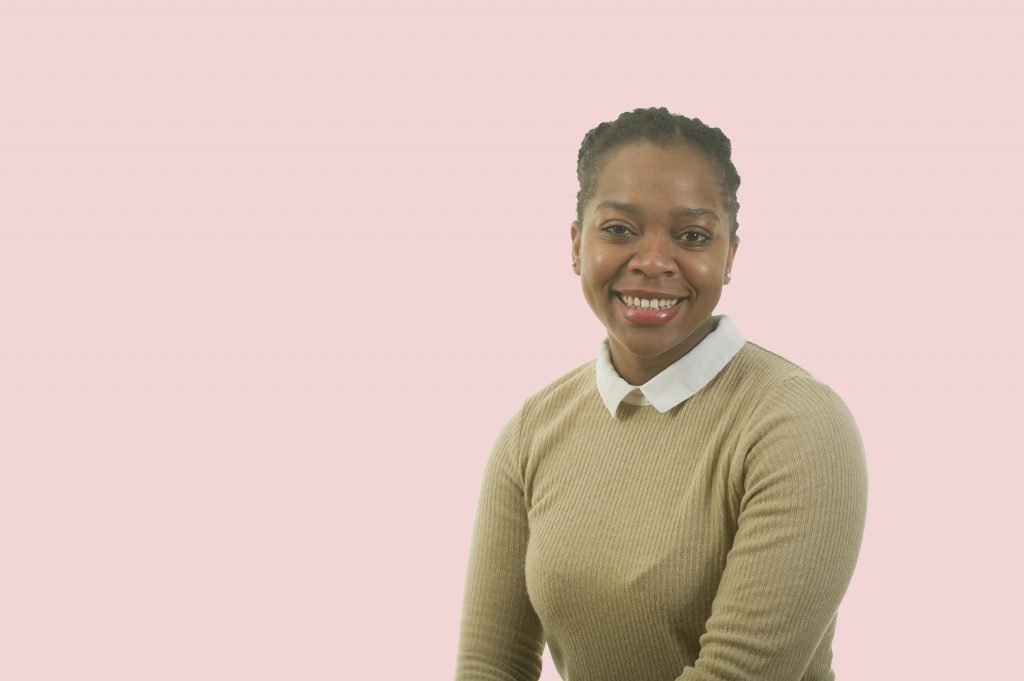Takudzwa Chipamaunga, a postgraduate student studying an MSc in Environmental Engineering, writes about what its like being a woman in a male-dominated sector and how having a female mentor encouraged her to further her studies in the field.
After doing an undergraduate degree in Civil Engineering, I wanted to choose a postgraduate course that directly specialised in matters that help to protect the environment. I want a career that would have a global impact on our future and the future of the planet by making it a mission to think and act through respecting and protecting the environment; for this reason, I thought environmental engineering would be the best route.
During my second year at my previous university, I did an internship with a Waste and Environmental Services consultancy firm in the UAE where the Technical Director of the organisation was a woman and had a similar background in academics as mine; she started off as a civil engineer, progressed into the Environmental and Sustainability field and worked her way to the top. During the internship, she gave me the opportunity to carry out my final year dissertation topic on a project the organisation was working on, where she became my mentor and supervisor. The project we tackled was implementation of healthcare waste management approach in the UK to the UAE. The team I was in was able to launch legislation and policies directed to waste management in three different emirates and we were able to drive down waste management problems.
What made it cool? A diverse pipeline of female talent via leadership teams and employees worked together to make a difference in the pursuit to achieve a safe and sustainable initiative. Working alongside the team and receiving guidance from the technical director further encouraged me to pursue a career in the field as I learnt a lot and had grown a greater interest in the subject along the way.
Today I enjoy seeing females choosing STEM-based programmes to pursue paths as engineers and consultants in various industries. I believed that this has really driven closure of the gender gap in many male-dominated sectors, and definitely helps in giving young girls hope for the future!


